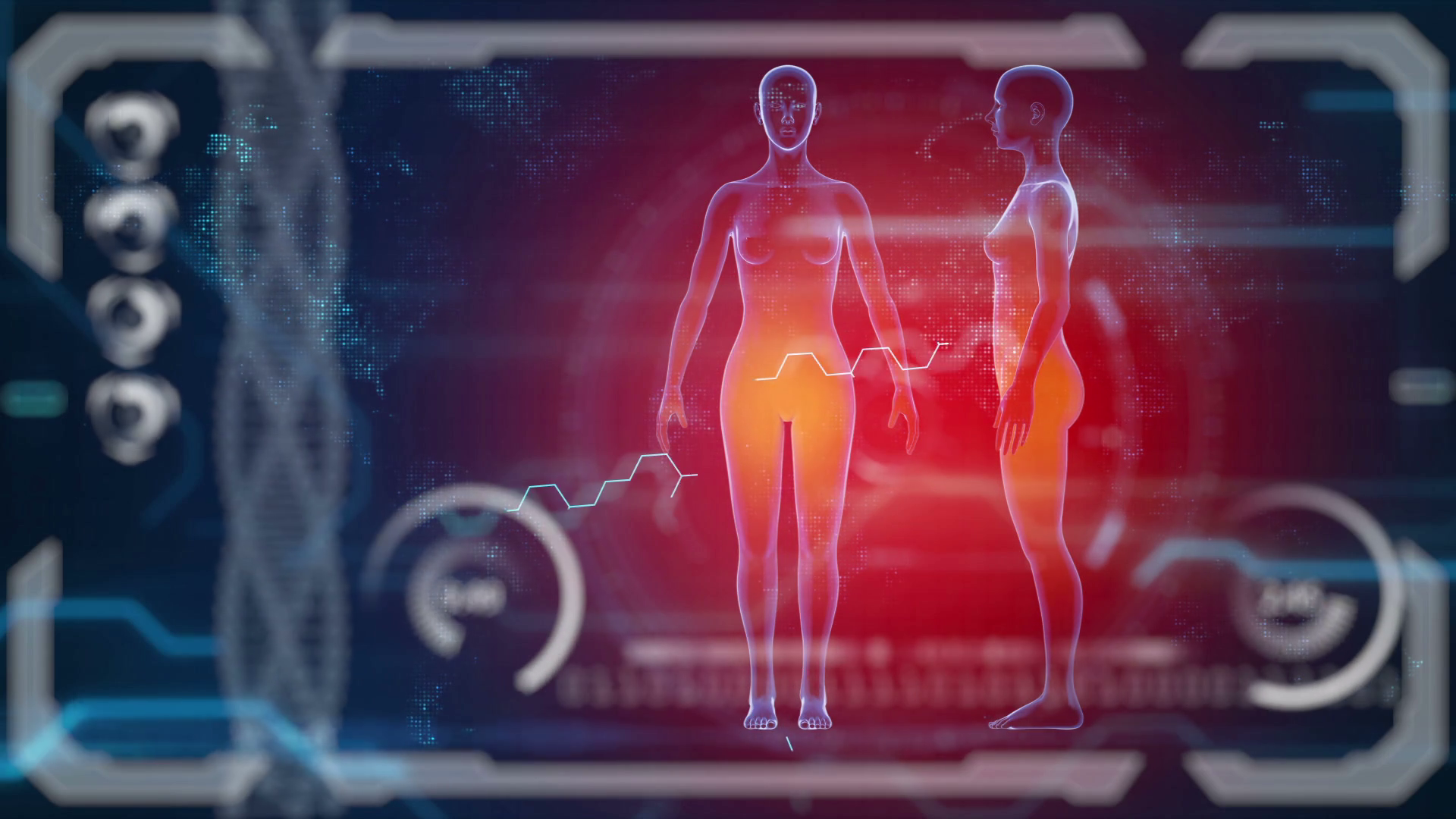Precision medicine, or the ability to deliver personalized care and treatments specifically suited for an individual patient’s ailments, is healthcare’s ultimate goal. However, will technological advancements allow the healthcare industry to make it to the promised land?
Precision medicine is still in its infancy, but certain ideas and newer technologies provide a vision for how personalized health can be administered. It’s impossible to predict where the healthcare field is heading, but there are signs that hint at what the next generation of technology will do for precision medicine.
Machine Learning Algorithms
The term “next-generation technology” can be applied to a number of innovations, but machine learning-enabled medical image analysis software is certainly one of the most promising and exciting. Machine learning algorithms are already capable of diagnosing certain images as well as or, in some cases, better than doctors. For example, these algorithms can interpret dermatological lesions just as accurately as experienced dermatologists. These results are accomplished by using the machine learning software to scan thousands of images of specific ailments.
Along these lines, it’s imperative for hospitals to integrate genomic data into EHR systems. This will allow doctors to access data at the point of care so they are more well informed on how treatments might impact their patients. However, this process isn’t as simple as dumping relevant genomic data into the EHR. Healthcare organizations must take the data and turn it into actionable information for doctors to use.
Pharmacogenomics
Genetic variants can impact how patients respond to a wide range of drugs. While certain genetic mutations can make specific drugs more toxic, other mutations can reduce their effectiveness. While the FDA has approved some of these drugs for pharmacogenomic testing, third-party payers have not reimbursed for most of the testing.
Even so, the science behind the value of pharmacogenetic testing is steadily growing. Healthcare providers need to have genomic testing in place to prepare for a future where pharmacogenetics is commonplace.
Genomics data is only part of the equation, however. Experts expect an influx of similar data, like metabolomics and proteomics, to provide similar challenges for providers. Before this information can be used for individual patient encounters, standards need to be set. A lot of this data will rely on individual interpretations, which is why standards in terminologies and vocabularies will need to be determined.
As this situation develops and evolves, healthcare is expected to experience more competition and an increase in transparency as a result of consumerism. Patients will expect healthcare providers to know what to do with genomics and to be able to provide precision medicine. Consumer demand will require doctors to have the answers, otherwise they won’t be able to compete in the healthcare market.
Making Precision Medicine Operational
In order to make precision medicine operational, genetic test results will have to be accessible in a clinical context and within the workflow. The results will have to be stored either directly in the EHR or in an ancillary system.
The development of APIs and interoperable IT tools will be required to integrate genomic data with existing systems. APIs are being developed using the Fast Healthcare Interoperability Resources (FHIR) specification, which is a standard created for the exchange of health information. FHIR ensures interoperability and security and can seamlessly facilitate the integration of test results and genomics data.
Another necessity for the future of precision medicine is the creation of intuitive healthcare apps that can be used within the clinical context to make data useful.
As precision medicine technologies evolve, they could be as beneficial to healthcare as HTML has been to the internet.
